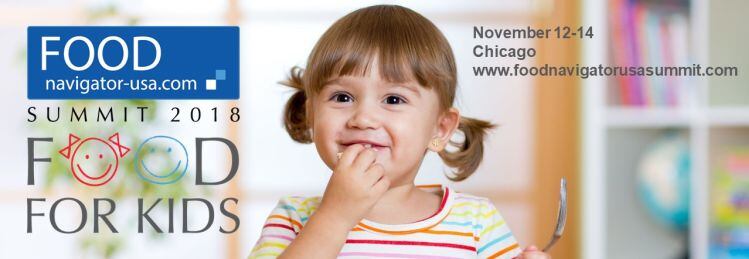In a policy statement published this month in the journal Pediatrics, the AAP argues, “regulation and oversight of many food additives is inadequate because of several key problems in the Federal Food, Drug and Cosmetic Act,” including current requirements for a generally recognized as safe (GRAS) designation that are “insufficient to ensure the safety of food additives and do not contain sufficient protections against conflict of interest.”
The group also argues FDA “does not have adequate authority to acquire data on chemicals on the market or reassess their safety for human health.”
Insufficient oversight?
AAP calls out in the report that many of the more than 10,000 chemicals currently allowed in food and food containers were grandfathered in for use by the government before the 1958 Food Additives Amendement to the FDC Act and that upwards of 1,000 were cleared through the GRAS process “without US Food and Drug Administrative approval.”
Based on “accumulating evidence from nonhuman laboratory and human epidemiological studies” some of these chemicals and contact materials may contribute to disease and disability, the academy warns.
In particular, it notes, the potential for endocrine system disruption is “of great concern, especially in early life, when developmental programing of organ systems is susceptible to permanent and lifelong disruption.”
Specifically, the academy points out as potentially dangerous bisphenols, which line some metal cans to prevent corrosion, phthalates, which are used in adhesives and lubricants, nonpersistent pesticides, perfluoroalkyl chemicals used in grease-proof paper and packaging, the antistatic agent perchlorate, artificial colors, which have been associated with some behavior problems in children, and nitrates and nitrites, which have been correlated to the development of cancer.
AAP calls for urgent action
Based on studies that identify a correlation by health problems and these elements, AAP argues, “substantial improvements to the food additive regulatory system are urgently needed, including greatly strengthening or replacing the [GRAS] determination process, updating the scientific foundation of the FDA’s safety assessment program, retesting all previously approved chemicals and labeling direct additives with limited or no toxicity data.”
The academy also recommends ways that pediatricians can reduce the potential risk posed by these ingredients and chemicals – all of which could impact consumer perceptions and purchasing habits of packaged foods.
These include encouraging consumers to eat fresh or frozen fruits and vegetables when possible, avoid processed meats – especially during pregnancy – and encouraging hand and produce washing prior to prep and consumption.
In addition, the academy encourages physicians to direct patients to avoid products packaged with recycling codes 3, 6 and 7, which indicates the presence of phthalates, styrene and bisphenols respectively, unless they are labeled as ‘biobased’ or ‘greenware.’
Proactive manufacturers can also help reduce potential risk – as well as win points with worried consumers – by switching packaging or reformulating products to avoid chemicals and ingredients of concern if they have not already done so.
Editor's note: Find out more about how children's foods need to evolve to stay relevant to modern shoppers at the FoodNavigator-USA FOOD FOR KIDS Summit this fall in Chicago. Get all the details and register HERE.



